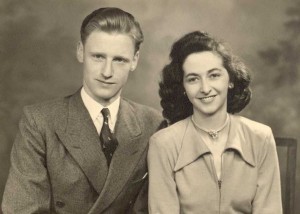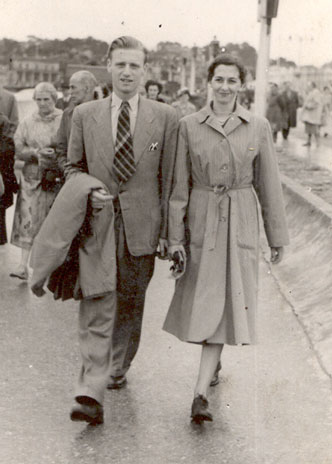(from “Old friends/Bookends,” written by Paul Simon and performed by Simon and Garfunkel)

Forgetting your most important formative moments, emotionally and symbolically, is the norm if, that is, you ever knew them yourself. If we only knew.
I feel disoriented looking back at the previous week with my wife or children and trying to understand what went on between us, let alone trying to look back over the years and across the faces and portray the past with any degree of accuracy. I can juggle facts and understand them, but cannot tell whether that understanding accurately reflects my past or the past of those around me. I don’t envy biographers, spending their whole careers trying to glean the story of another life, especially one that had its day in another time and culture, but suspect that weaving a tapestry that makes sense out of one’s own life is just as difficult. If I only knew.
Having forgotten most of what is significant about who we really are, we construct our own versions of ourselves. The life that each of us lives reads one way to each of us, another way to those we loved at one time or another, and yet another accurately. I would like to be closer to the truth, but doubt that approaching it with any degree of completeness is possible. Reason appears so weak compared to emotion. And for me at least memory is skewed and partial and a hopeless tool of recollection and reconstruction.
So the best that I can do is try to bring into focus what I do remember. It doesn’t have to be perfect, of course. My story can have the flaws of memory and does show the flaws in me. Mine has been a modest life, and writing it down helps me see it and feel it, which in its own way gives the writing, even the life, significance. Revisiting the past is a way of bringing it back, enriching it, just as revisiting a place where you used to live brings it back to you.

I also write in the hope that recovering my past will enrich my children. We don’t seem to sit around and chat about the past the way that Sue and I did with our parents. I regret the change. There is so much that I’d like to share with them. Perhaps this is one way to do so.
Setting this down on paper helps with those nagging doubts too, the ones that arrived with my fifties: Is it all worth it? What is it all for? Why are we all so small? Why bother? Can we really help our children be happy?
The photos were added later. “I have a photograph,” sang Simon & Garfunkel on “Bookends.” “Preserve your memories. They’re all that’s left you. ” It is a touching if incomplete thought. Photographs do throw a wonderful illuminating light on the past, especially the dimly remembered or unremembered past. Although often lacking spontaneity, and thus themselves slanted, they are an amazing window on that other fuzzy world we once knew. There’s that same problem of interpretation, of sorting through the different possible ways to view each photo. But they always give you so much to work with. The faces alone, their expressions, their traits, are only really accessible in photos. Faces adorning photos beat memory any day.

In a shoe box under our stairs in Santa Cruz are those that remain of mum and dad’s old photographs. It has been a real pleasure to discover for the first time on the computer monitor so many of their photos that are small and grey and faded in real life. Scan them in, and the people leap out at you, fuller and brighter and more detailed, reborn after years of fading and grey. Now that is what technology is for, brightening each of our lives, giving new and more vivid life to the small and grey remnants of our past.
Photos are not the only sources outside of my memory on which these recollections are based. All of an infant’s life and much of a child’s is, when looked back upon, built of stories told by his or her parents. In our house, most were shared with Sue and me over meals or sitting in the living room in front of the TV at the end of the day. Mum started keeping a diary in 1959, when I was six years old, to complement their oral histories. It is skeletal in content, by no means a journal. She did not keep it consistently and whole years have been lost, but it adds flesh to these small stories by helping fix their dates and places. For instance, our family’s camera tended to be used on holidays, and their dates can normally be found in mum’s diary.
They left one other parting gift, mum and dad. The remnants of my childhood, some of the toys, the books, the scrapbooks, the odd item of clothing, a journal I kept for five weeks in 1970, even exercise books from school, were kept in the closet and drawers in my room at 18 South View Road, our last family home in Marlow. No-one else ever occupied that room after I left home. I recovered all those remnants after mum died. They have enabled me to recapture the past in ways that would have been impossible now that she and dad are gone. They have both been gone for such a long time already.
© Ian J. Stock
Next chapter: Chapter 2 What Mum and Dad Told Me

